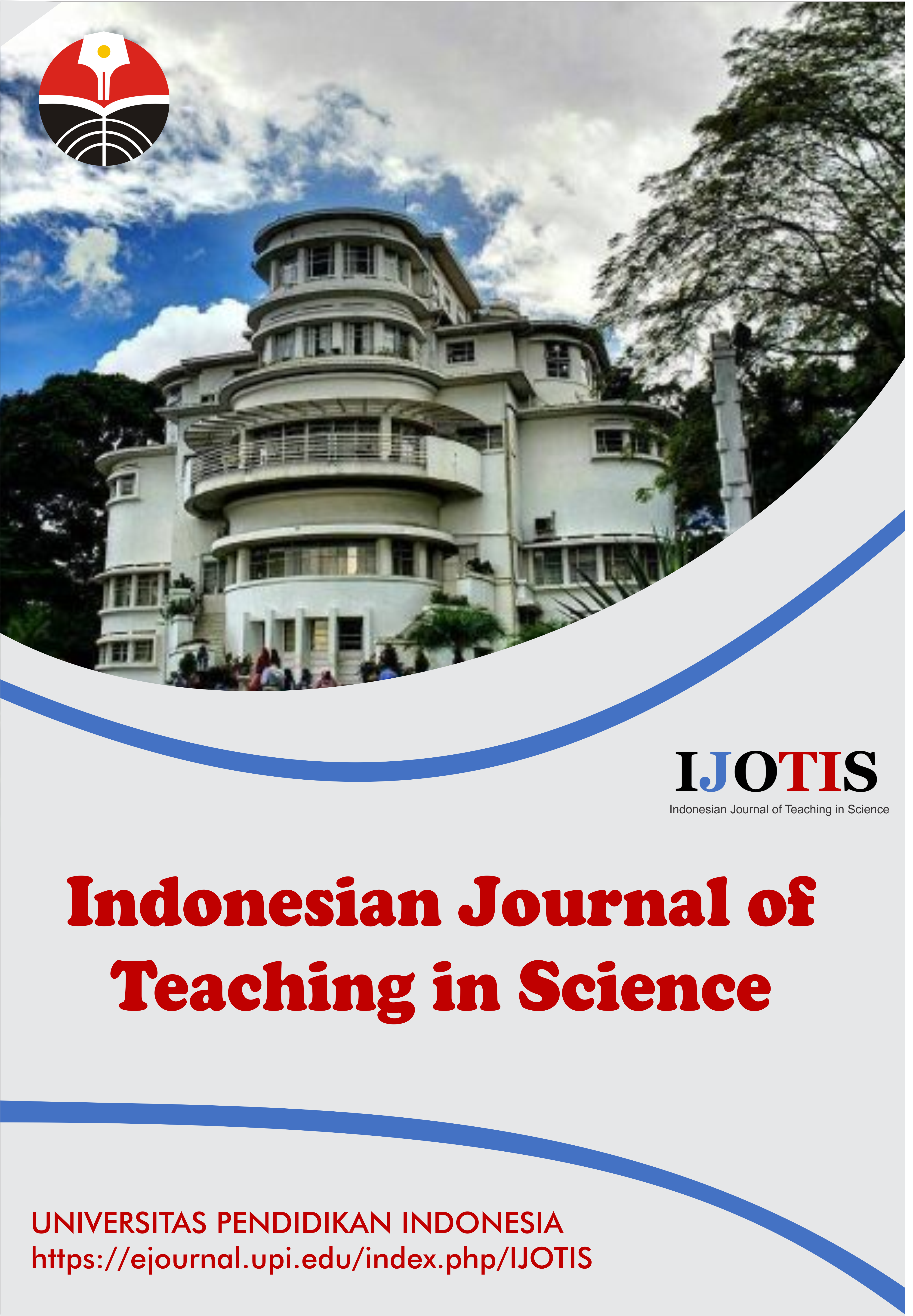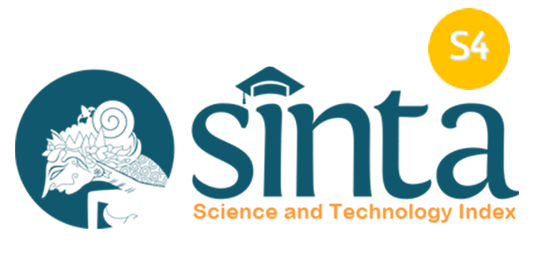Culture-Based Self-Learning Module and Students’ Performance in Physical Education
Abstract
Keywords
Full Text:
PDFReferences
Alharbi, A. (2015). A descriptive-evaluative study of a Saudi EFL textbook series. Cogent Education, 2(1), 1079946.
Bamba, R., and Derecho, L. E. (2023). Improving Modular Class Through Live Experiences of the DMDPNHS Students During the New Normal. Psychology and Education: A Multidisciplinary Journal, 9(7), 899-905.
Bibon, M. B. (2020). The Use of Culture-Based Module Integrating Folk Hunting Practices in Cagraray Island, Philippines for Teaching Biodiversity. International Journal of Formal Sciences: Current and Future Research Trends, 8(01), 13-26.
Bonganciso, R. T. (2016). Effects of contextualization on the reading comprehension performance of Filipino learners. Asia Pacific Higher Education Research Journal (APHERJ), 3(1), 1-13.
Elger, D. (2007). Theory of performance. Faculty guidebook: A comprehensive tool for improving faculty performance, 4, 19-22.
Flores, G. T., and Obod, S. P. (2023). Assessment of text-based instructional materials used among indigenous peoples (IP) learners in a new normal classroom. International Journal of Membrane Science and Technology, 10(3), 99-110.
Fu, W. (2018). Read from local to global: A culture-based reading material. Advances in Social Sciences Research Journal, 5(2), 57-65.
Guilhardi, P., Yi, L., and Church, R. M. (2007). A modular theory of learning and performance. Psychonomic Bulletin and Review, 14(4), 543-559.
Lave, J., and Wenger, E. (1991). Learning in doing: Social, cognitive, and computational perspectives. Situated Learning: Legitimate Peripheral Participation, 10, 109-155.
Maciejewski, M. L. (2020). Quasi-experimental design. Biostatistics and Epidemiology, 4(1), 38-47.
Osuala, E., and Oluwatosin, O. (2017). Infection control by nurses in selected hospitals in Anambra State, Nigeria. Tropical Journal of Medical Research, 20(1), 53-53.
Saqr, M., Fors, U., and Tedre, M. (2018). How the study of online collaborative learning can guide teachers and predict students’ performance in a medical course. BMC medical Education, 18, 1-14.
Smith, R., Spaaij, R., and McDonald, B. (2019). Migrant integration and cultural capital in the context of sport and physical activity: A systematic review. Journal of International Migration and Integration, 20, 851-868.
Suardana, I N., Redhana, I W., Sudiatmika, A. A. I. A. R., and Selamat, I N. (2018). Students’ critical thinking skills in chemistry learning using local culture-based 7E learning cycle model. International Journal of Instruction, 11(2), 399-412.
TK, G. K. (2022). Conserving knowledge heritage: opportunities and challenges in conceptualizing cultural heritage information system (CHIS) in the Indian context. Global Knowledge, Memory and Communication, 71(6/7), 564-583.
DOI: https://doi.org/10.17509/ijotis.v4i2.75838
Refbacks
- There are currently no refbacks.
Copyright (c) 2024 Universitas Pendidikan Indonesia

This work is licensed under a Creative Commons Attribution-ShareAlike 4.0 International License.
Indonesian Journal of Teaching in Science (IJoTIS) is published by Universitas Pendidikan Indonesia (UPI)
 Indonesian Journal of Teaching in Science
Indonesian Journal of Teaching in Science



